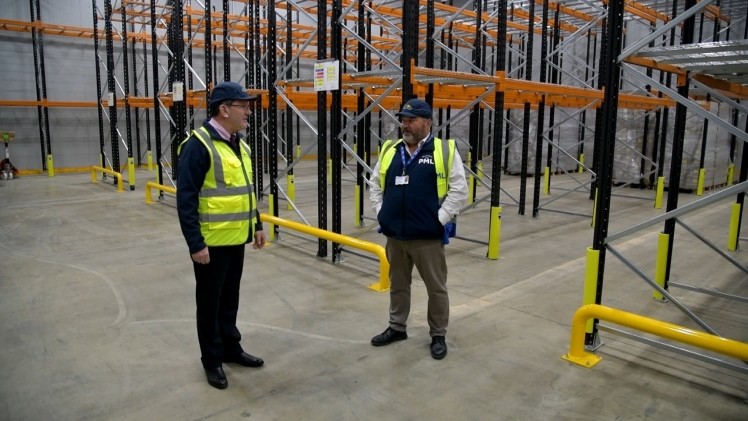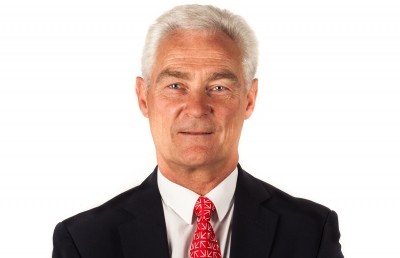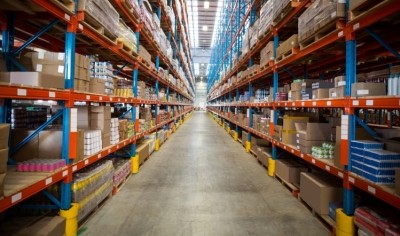Details of Spalding Border Control Post outlined

Run by PML in partnership with logistic provider FreshLinc, the HMRC and the Department for Environment, Food and Rural Affairs (DEFRA), the BCP will be located at FreshLinc’s Spalding HQ. It will be operational from 1 January 2021.
The facility is designed to help cope with Brexit congestion and border checks for food imports. The £400,000 investment in the BCP includes the creation of a purpose-built 929m2 warehouse with capacity for 330 pallets. It has dedicated inspection areas for customs and DEFRA and four trained staff to run the 24-hour operation.
Delays and queues
The decision to set up the BCP away from the ports was in direct response to ongoing delays and excessive queues currently impeding the onward movement of freight, according to PML.
“This venture will enable us to move product much faster from the ports, cut down on wasted journeys and should ultimately deliver a minimum of 24-48 hours additional shelf-life on all our customers’ products,” said PML sales director Nick Finbow.
“Our priority is to guarantee the safe and timely transfer of goods, ensuring that there are no breaks in the cold chain. By creating a remote BCP, we are no longer constrained by the issues at the ports and PML is able to operate and manage its own facility.”
Long-standing relationship
The dedicated BCP will be situated at FreshLinc’s existing 6,503m2 site, building on the long-standing relationship between the two companies.
Lee Juniper, operations director at FreshLinc, added: “This is a great opportunity for us to work with PML to maintain the continuation of the food supply chain especially against the backdrop of the uncertain times we are now facing as a result of the challenges posed by Brexit and the coronavirus.
“The BCP is a perfect example of two like-minded businesses coming together to provide an innovative solution to an industry problem.”
The BCP model has been branded ‘extremely last-minute and desperate’ by supply and logistics specialist Scala.
The latest rules for importing and exporting food after the Brexit transition period expires from 1 January 2021 can be found in this Government document. There are separate rules for animal by-products, products of animal origin and high risk food and feed not of animal origin. Some categories will be required to pass through a BCP from 1 January, some from 1 April and some from 1 July.
















